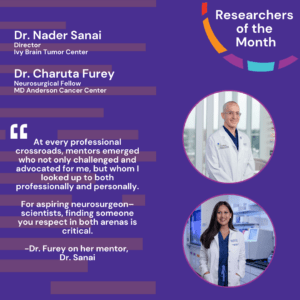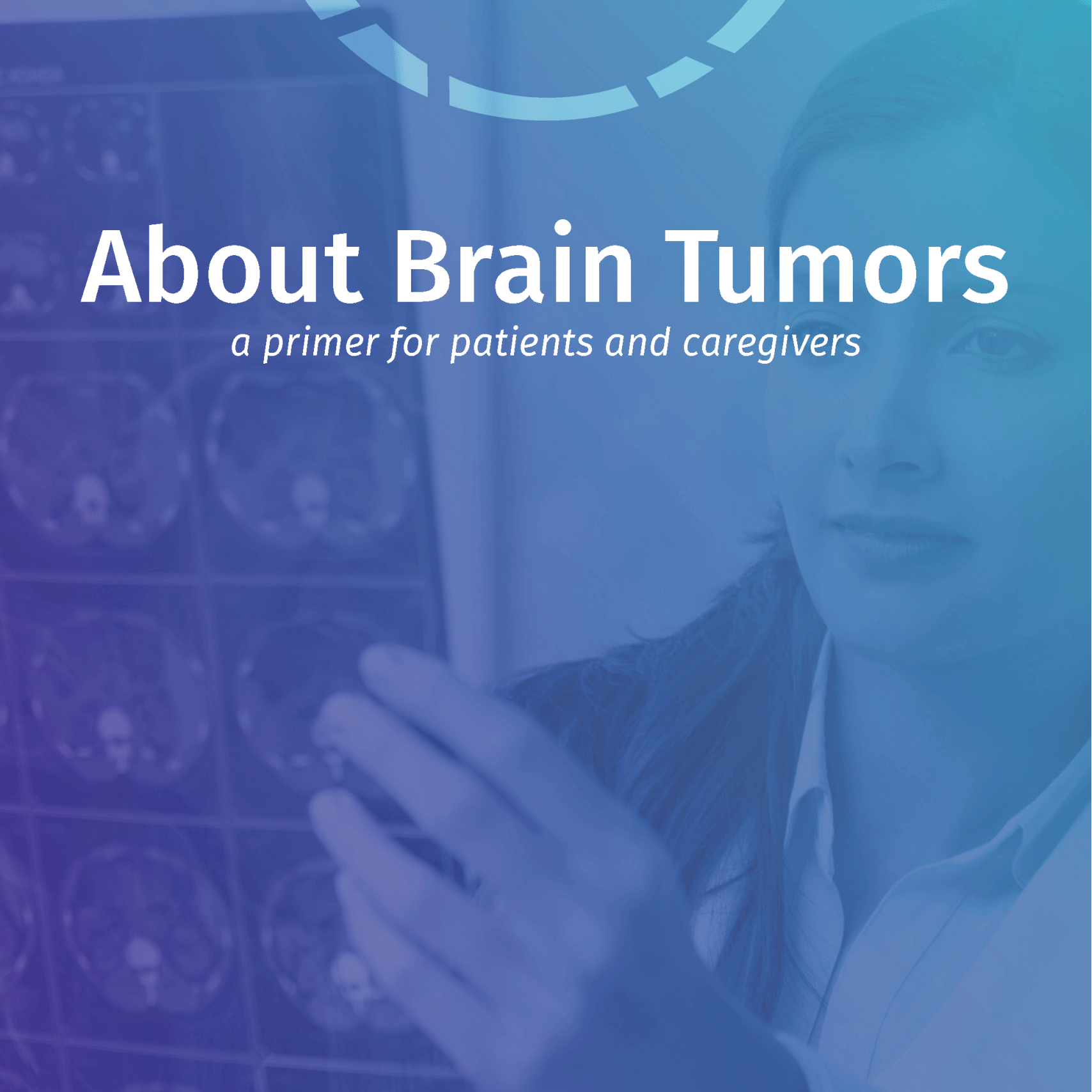In honor of Health Literacy Month, we spoke with Aimee Hoch, an oncology financial navigator and speaker at the ABTA 2025 National Conference, about how patients and families can better understand and manage the financial side of a brain tumor diagnosis.
When facing a brain tumor diagnosis, many patients and families find themselves overwhelmed—not just by the medical information, but also by the cost of care. Aimee Hoch understands this firsthand–as an oncology financial navigator, she helps patients navigate the complex world of insurance, treatment costs, and financial support.
Her journey began with compassion.
“I was originally the oncology social worker,” Aimee explains. “But I found myself spending most of my time helping patients with financial stress—choosing between paying for bills or treatment. That’s when we created the financial navigator role in our cancer center.”
Where to Start: Early Steps to Take After Diagnosis
One of Aimee’s top pieces of advice? Don’t wait to get help.
“Ask your treatment team right away if there’s a financial navigator or advocate you can speak with,” she says. “It’s never too early.”
A financial navigator can help patients:
- Understand their current insurance coverage
- Explore new or better coverage options
- Estimate out-of-pocket costs
- Identify financial assistance programs early on
Planning for Changes in Work or Income
Cancer treatment often brings changes to work schedules, job duties, or income. Preparing early can make a big difference.
“Find out what benefits your employer offers—like FMLA, short-term disability, or long-term disability,” Aimee advises. These protections can help patients or caregivers take time off work without losing income or job security.
Finding Financial Assistance Programs
From treatment costs to everyday bills, help is out there but finding it can feel like a full-time job.
“Assistance can vary based on your insurance, diagnosis, and treatment,” Aimee says. “That’s why having someone to help you navigate it all is so important.”
Patients may qualify for:
- Copay assistance programs
- Medication discounts
- Travel and lodging support
- Help with utilities, food, or rent
- Internal hospital-based financial aid
Both a financial navigator and an oncology social worker can be great partners in identifying and applying for these resources.
The ABTA is proud to partner with the Glenn Garcelon Foundation to provide a Financial Assistance Program, which offers limited financial assistance for patients diagnosed with a primary benign or malignant Central Nervous System (CNS) tumor. To view a list of other financial assistance programs, visit abta.org/financial-assistance.
Support for Caregivers
Financial stress doesn’t just affect patients—it weighs heavily on caregivers, too. Aimee encourages caregivers to speak up and seek support.
“Managing all of this can become a full-time job in itself. Please don’t do it alone—we’re here to help you, too.”
Knowledge is Power
Health Literacy Month is a reminder that understanding your options financially and otherwise can lead to better outcomes and less stress. If you or a loved one has been diagnosed with a brain tumor, know that support is available. The earlier you ask for help, the more tools and resources you’ll have in your corner.










